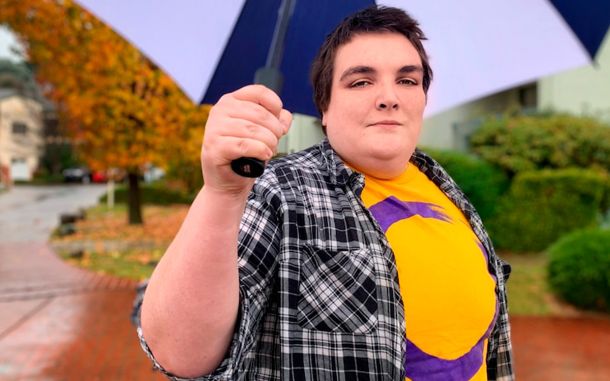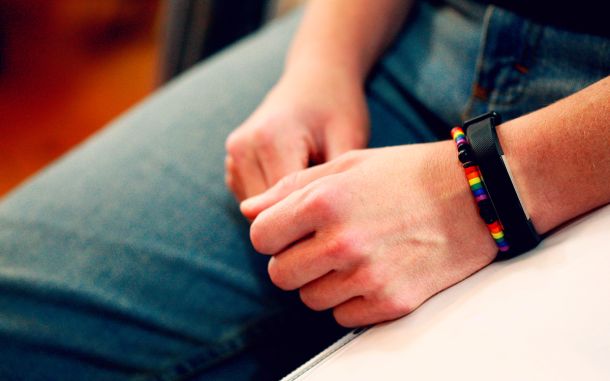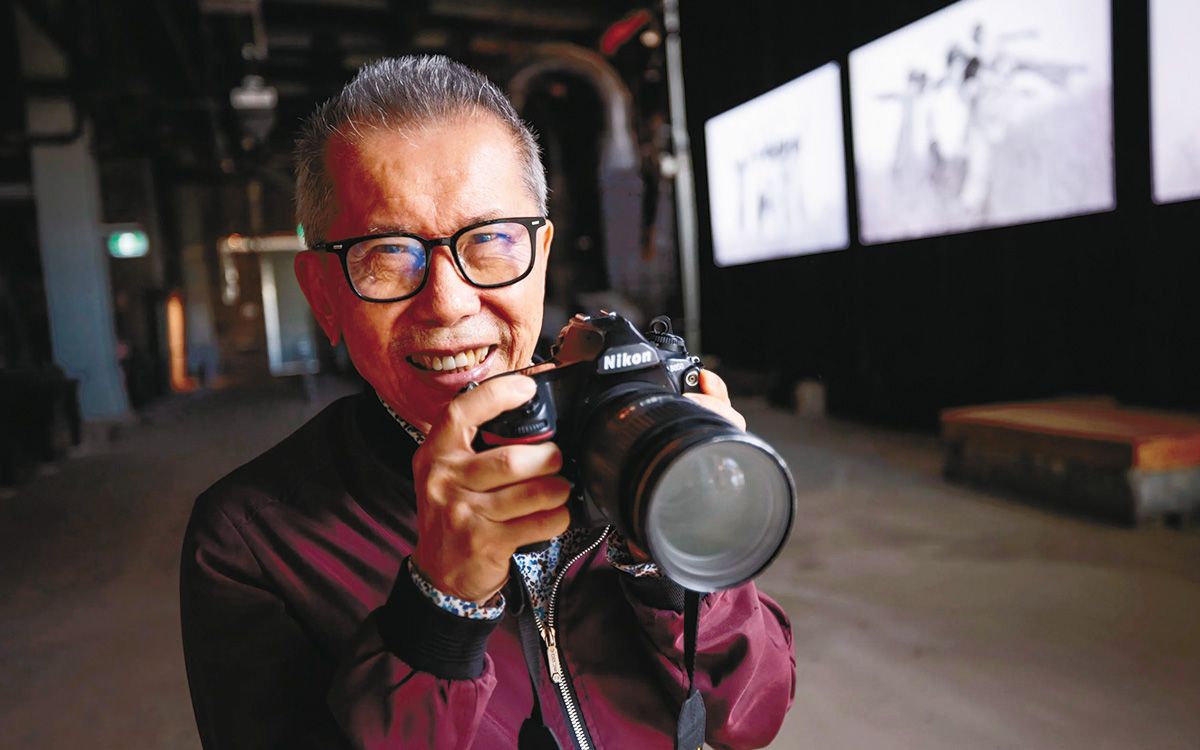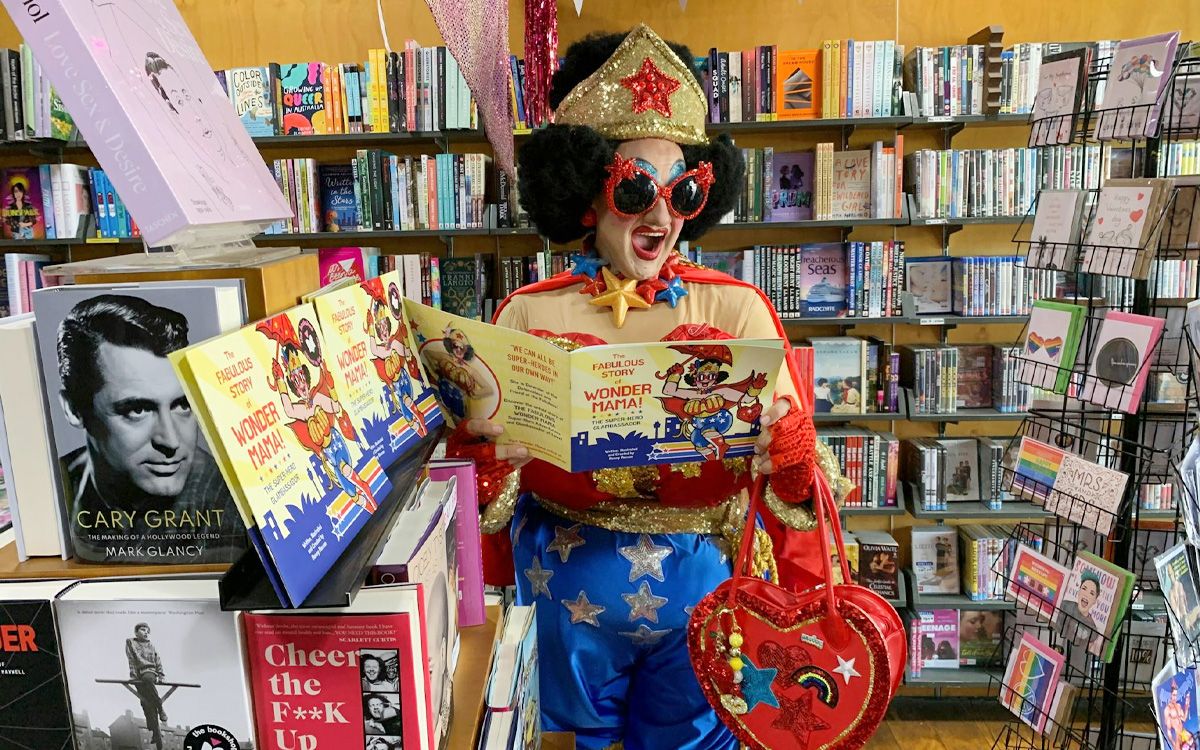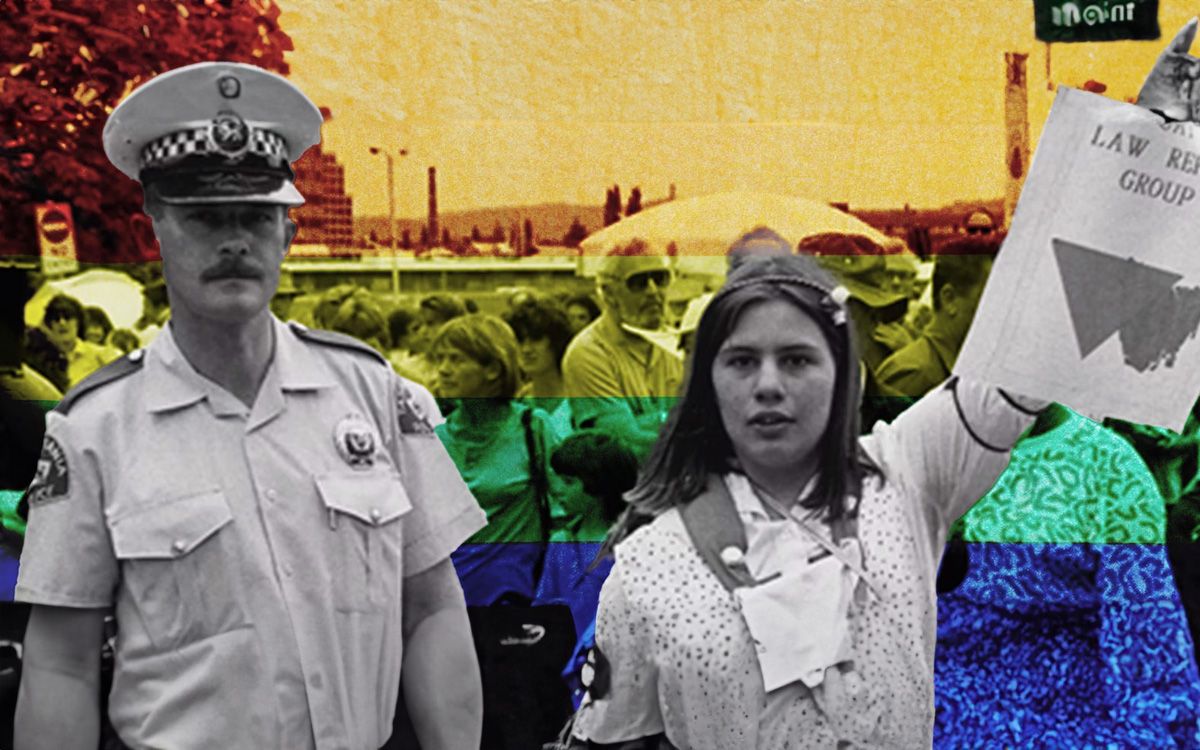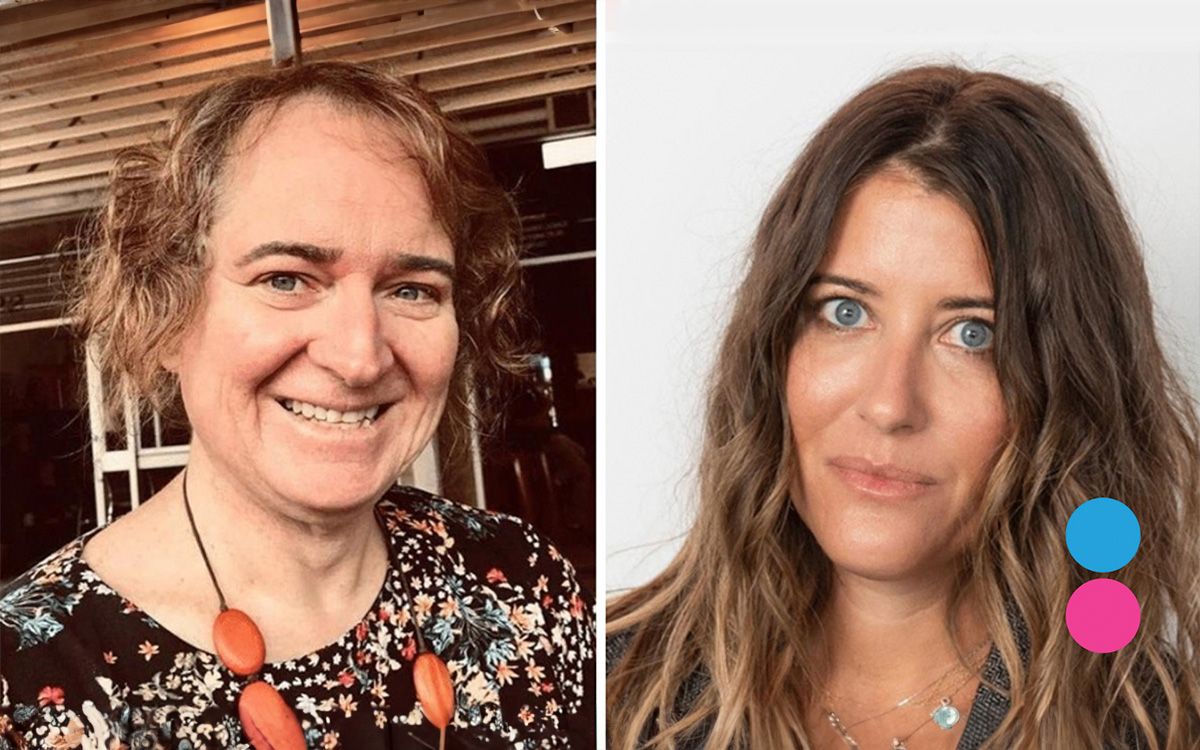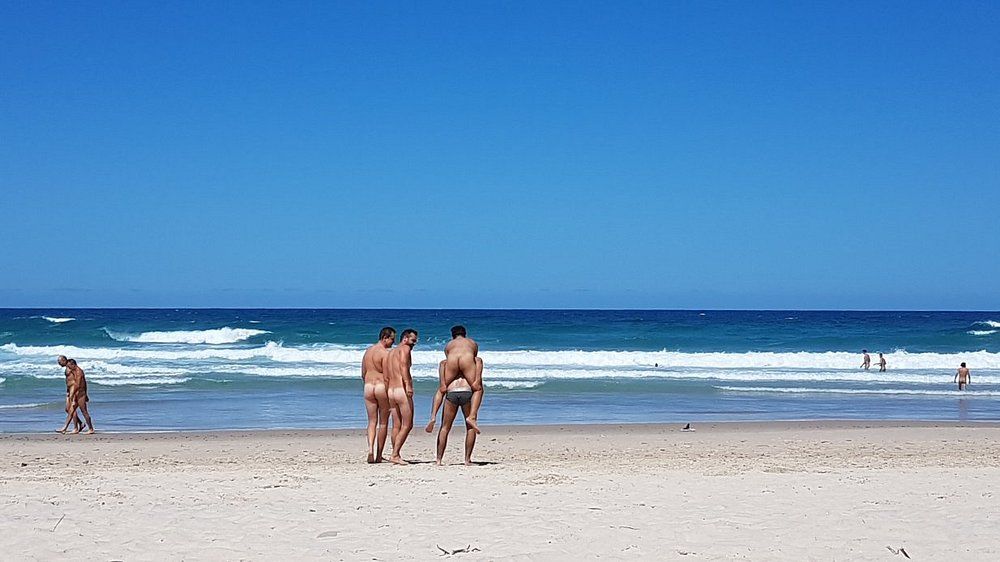What can we learn from the marriage equality vote, and what might happen with Parliament the Voice debate?

In recent months in Australia, we have seen vigilante racism in Rockhampton, booing, abuse and vitriol directed at First Nations footy players, and the appalling treatment of First Nations children jailed in adult prisons. Racism is a major issue in the debate over the proposed First Nations Voice to Parliament – and it will likely only continue to get worse.
Regardless of how First Nations people intend to vote, racist public commentary has a harmful impact on the mental health and wellbeing of people and their communities. Stan Grant’s decision to step away from his role with the ABC is a high profile example of this.
Recognising these likely impacts, the federal Labor government has committed $10.5 million to support mental health services for Aboriginal and Torres Strait Islander people in the lead-up to the referendum vote later this year.
This is a welcome initiative that will enable Aboriginal community-controlled organisations to provide further support for their respective communities.
We can also learn from the experiences of LGBTQIA+ people during Australia’s marriage equality plebiscite how a national vote like this can affect the mental health of a historically marginalised community.
Mental health impacts of the marriage equality plebiscite
Studies found that increased exposure to the “no” campaign messaging in the lead-up to the marriage equality plebiscite, as well as the harmful public debate, led to greater levels of psychological stress, depression and anxiety among the queer community.
Our research focusing on the wellbeing of Indigenous and LGBTQIA+ communities suggests the Voice to Parliament debate will also disproportionately affect Aboriginal and Torres Strait Islander people.
We have found that while people who identified as both Indigenous and LGBTQIA+ experienced frequent sex and gender discrimination, the impact of racism was more profoundly felt. As a result, it’s important to protect Indigenous people against racism in the very public debate over the Voice.
During the marriage equality plebiscite, mental health services catering to LGBTQIA+ clients saw a dramatic increase in demand. This led to longer wait-lists and increased stress on the healthcare system. The mental health of LGBTQIA+ people in electorates recording a high “no” vote was also more affected than people in electorates voting “yes”.
This would suggest that funding support for Indigenous people in communities associated with higher levels of racism is a priority. Pre-polling and post-referendum analysis would help establish which areas require this.
A supportive community also matters. LGBTQIA+ people with a close social circle they perceived as supporting marriage equality suffered less severe negative mental health outcomes from the “no” campaign. For those who didn’t receive support from their friends and family, public messages of support helped.
Unfortunately, not all Indigenous LGBTQA+ peoples have access to social supports.
How could the Voice referendum affect First Nations people?
According to various surveys, a majority of Indigenous people support constitutional recognition. But unlike the 1967 referendum, the Voice to Parliament referendum faces an organised “no” campaign.
There is opposition to the Voice from some media and social media sources that purposefully confuse the case for constitutional recognition. This makes the task ahead more difficult for “yes” campaigners and Indigenous people more broadly.
Racialised stressors that come with the referendum are an additional burden to First Nations communities. One example of this is the opposition’s repeated insistence about “insufficient detail” on the Voice, particularly from the more conservative side of the “no” campaign. This invalidates and distorts the work, expertise and experience of Indigenous people over decades on all sides of the debate.
This vote will have little adverse impact on the lives of non-Indigenous Australians. However, supporting Indigenous family members, friends and colleagues is important. Like the marriage equality plebiscite, a minority community will face the greatest impact from the vote, not the majority with power.
Being supportive of Indigenous people firstly requires an understanding that we, as First Nations people, are entitled to diverse political views.
We are not here to educate or carry the burden of raising awareness on the referendum. We are also not interested in experiencing increased racial violence under the guise of political debate. This debate is one that non-Indigenous people can walk away from, but will remain felt by Aboriginal and Torres Strait Islander people.
Sustained mental health support for Indigenous people after the referendum will hopefully lessen the harm from the racism that will probably follow, irrespective of the outcome.
In order to combat racism and misinformation, it is vital for non-Indigenous people to have informed conversations about the referendum – around the kitchen table, at work, and even at your infamously racist uncle’s house.
Within our respective organisations, non-Indigenous colleagues are also educating themselves and others around them. They are taking the opportunity to elevate the voices of their Indigenous peers and proactively considering ways to support Indigenous communities throughout the campaign and afterwards.
Braden Hill, Edith Cowan University; Bep Uink, Murdoch University; Shakara Liddelow-Hunt, Telethon Kids Institute, and Sian Bennett, Edith Cowan University



